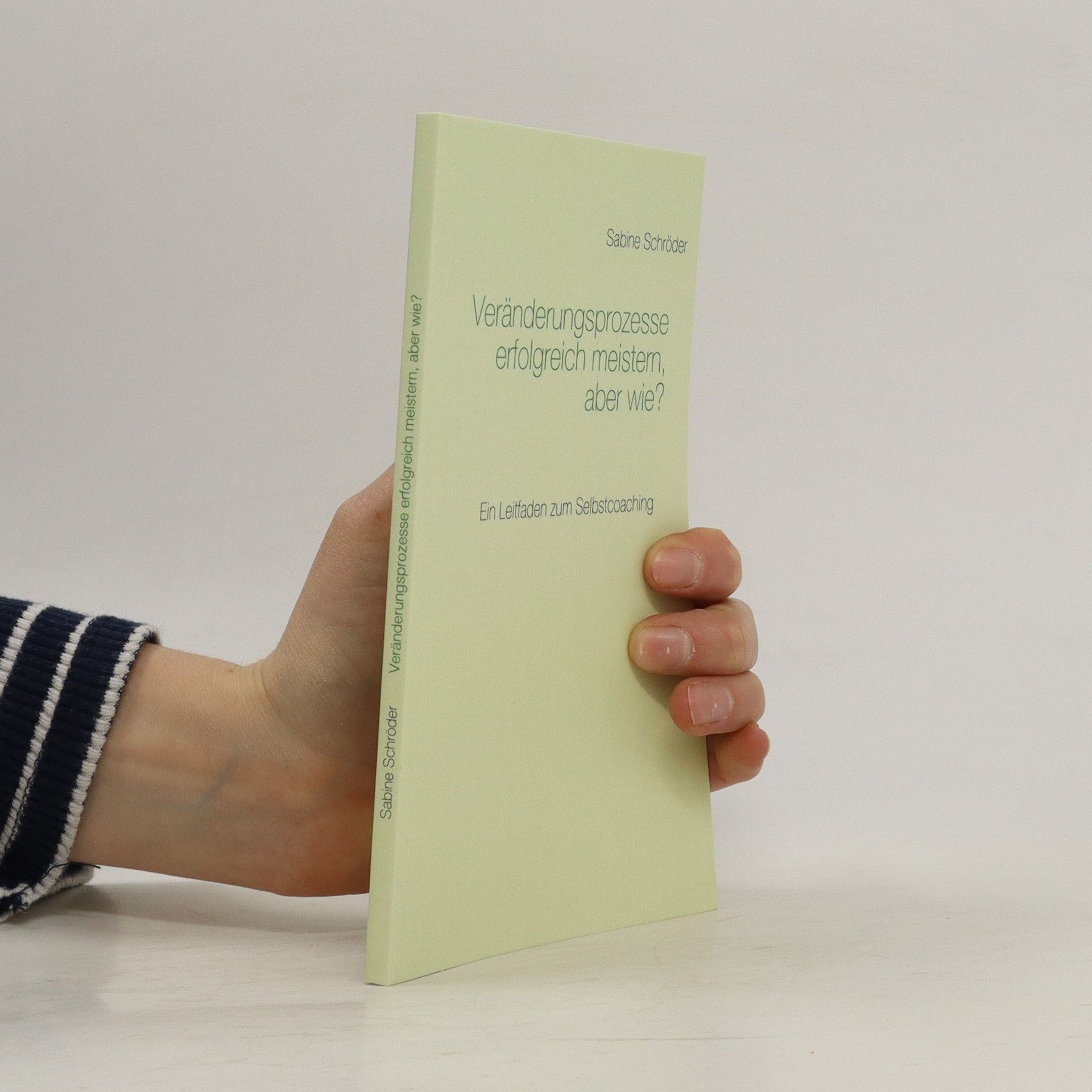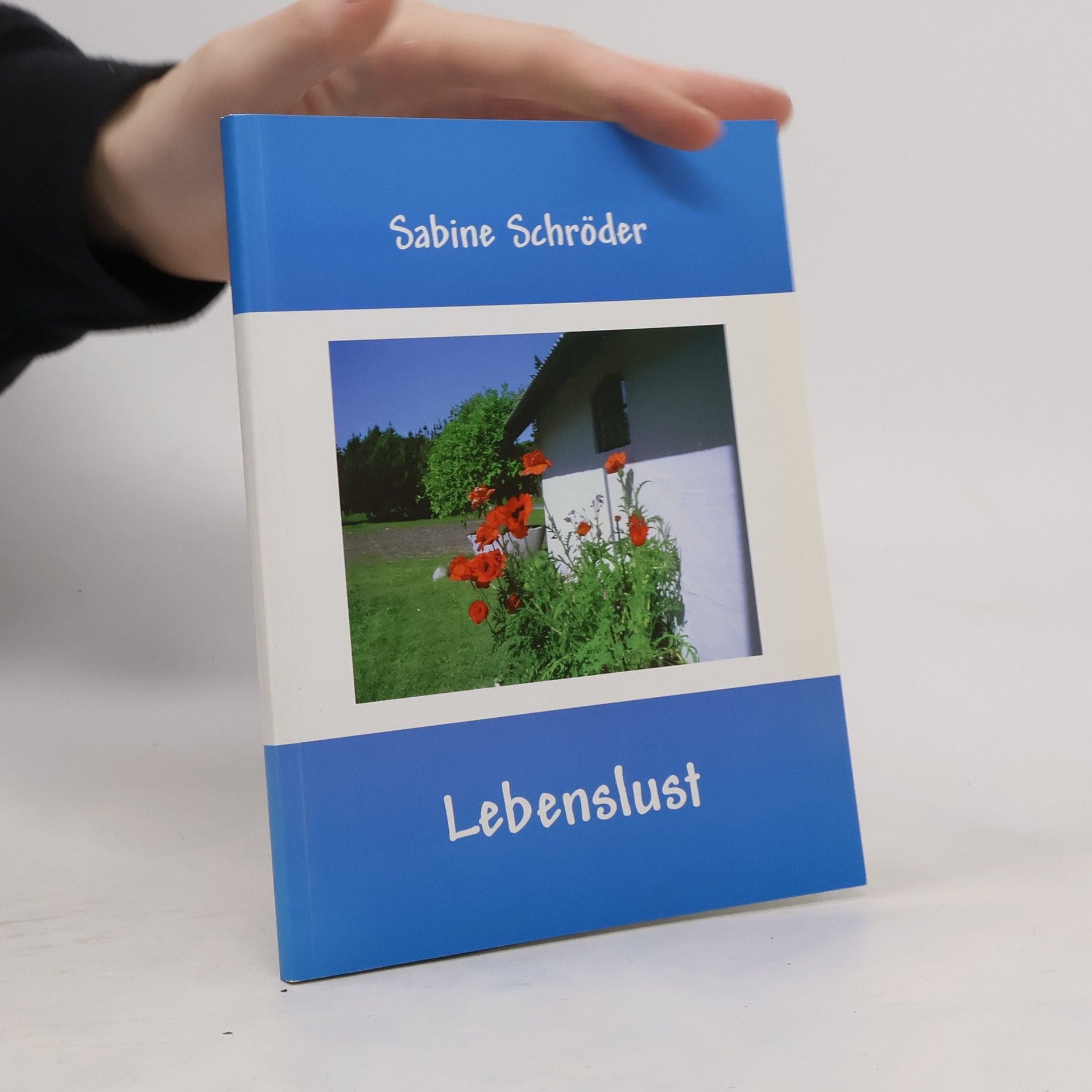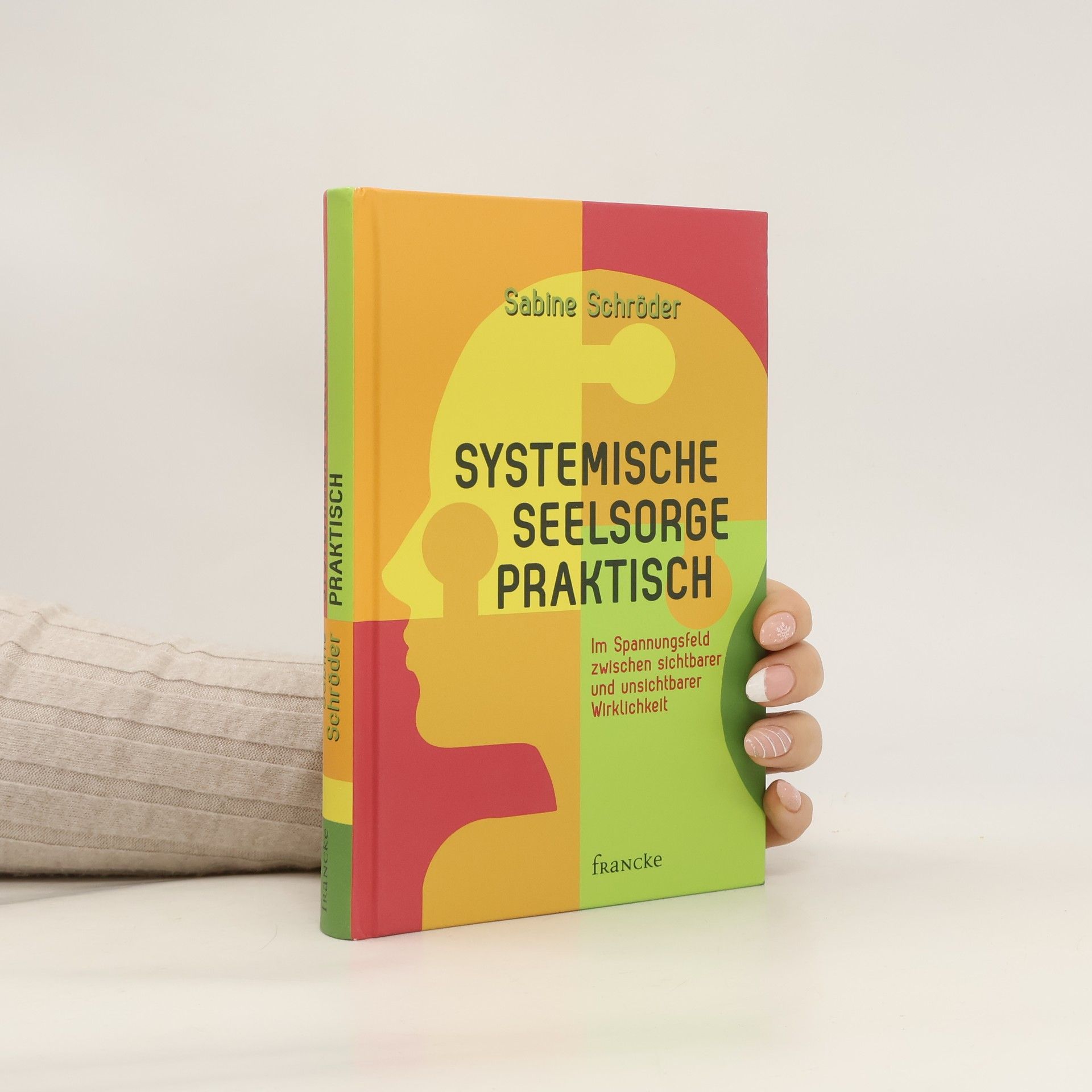Mystery und die Regenbogenbrücke
Ein Trostbuch für die Seele
Mystery, der goldene Kater, findet sich nach seinem Tod am Fuße der Regenbogenbrücke wieder. Gemeinsam mit neuen Gefährten erkundet er das Regenbogenland und erlebt viele Abenteuer, bis er – wieder vereint mit seinen Menschen – den Weg in eine andere, eine unbekannte Welt fortsetzen kann. Grundlage dieser kurzweiligen Erzählung ist die Geschichte von der »Regenbogenbrücke«, die weltweit verbreitet ist und all denen Trost spendet, deren Haustiere unsere Welt verlassen mussten. Das Buch eignet sich für Erwachsene und für Kinder und Jugendliche ab ca. zehn Jahren (ggf. mit Unterstützung ihrer Eltern), die ihr Haustier über die Regenbogenbrücke gehen lassen mussten oder sich auf den Tod ihres Haustieres vorbereiten möchten. Warum kann dieses Buch trösten und bei der Trauerverarbeitung helfen? Mysterys Geschichte basiert auf dem psychologischen Ansatz des »sicheren Ortes«. Der sichere Ort ist ein imaginärer Ort, an dem wir uns wohl– und vor allem sicher fühlen können, der uns Frieden und Ruhe spendet. Wir können ihn nicht nur für uns selbst, sondern auch für die Menschen und Tiere erschaffen, um die wir trauern. Lassen Sie Ihrer Fantasie freien Lauf und finden Sie Trost in dem Gedanken, dass auch Ihr geliebtes Haustier seinen Platz gefunden hat, an dem es auf Sie wartet. Niemand weiß, was uns nach dem Tod widerfährt. Daher ist alles möglich, was Sie sich vorstellen oder woran Sie glauben. Trauern Sie nicht - träumen Sie!



